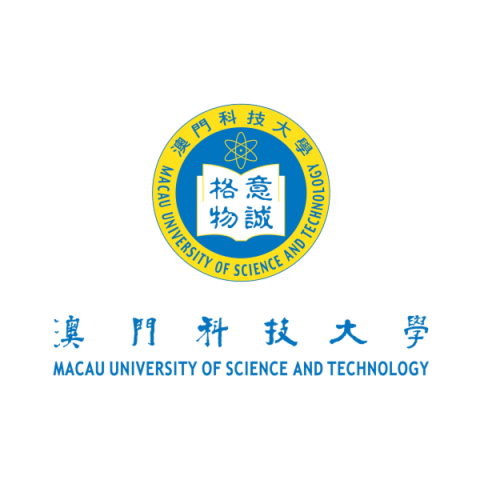
Targeted teaching: meeting students where they are
Undergraduates and postgraduates have different education goals, so the teaching method for each group is different even if the same course is taught. The Confucian concept of teaching students in accordance with their aptitude can be put into practice here. This idea, first proposed by the ancient philosopher Confucius, is that teachers choose the learning method that suits the characteristics of each student according to their cognitive level, learning ability and motivations. Targeted teaching, according to this approach, considers students’ strengths and shortcomings and in doing so stimulates their interest in learning, builds confidence in learning, and promotes students’ all-round development.
Postgraduates pay more attention to deeper logical thinking, training and research ability, while undergraduates focus on industry application. For master’s and doctoral students, critical thinking is the premise of independent research ability.
Make learning meaningful to the individual
When teaching undergraduate students, I pass recent related projects on to my students as case studies and talk to my students to find out their learning level. Lectures mainly focus on the methodology and logic behind case studies, guiding students to conduct in-depth analysis, exercise independent thinking, ask questions and finally find solutions or improved solutions.
- Understanding student learning – what can human behaviour analytics tell us?
- A step-by-step guide to implementing an agile curriculum
- Tips for new lecturers on the human elements that make students feel included
When I am teaching graduate students, books represent only a part of my teaching content. I add academic papers suitable to help students to go in depth into content such as game theory and supply chain finance. I teach research methods from classic literature and afterwards I search for papers with relatively low difficulty to let the students learn and report by themselves. When students learn methods based on these papers, they can develop new research ideas and write proposals for their own research work. Many students will expand their ideas in the process of self-study and reporting, and finally form their own doctoral or master’s thesis.
At the same time, in the classroom, I share my own scientific research process: how to find scientific research innovations, how to search for and read literature, and how to write academic papers.
In addition to classroom teaching, we encourage doctoral students to read literature extensively, report their research progress every week, and brainstorm within the team to seek new research topics.
Internships and professional certification
Students can learn about their industry through internships during their student days. The School of Business at Macau University of Science and Technology has implemented teaching reform since 2015, and I have overseen the internship guidelines for the majors of supply chain and business analysis. The internship company provides 30 internship positions for supply chain and business analysis students every year. According to the feedback from the students, the internship experience helps refine their future career direction, which is conducive to formulating long-term career plans.
In addition to industry experience, professional qualifications are closely linked to career development. Since 2017, I have been a director in the supply chain business, and I am responsible for the professional certification application and liaison of the International Association of Logistics and Transportation (CILT) for this profession. At present, our school’s supply chain major is the only major in Macao that has obtained this certification, which makes supply chain graduates more competitive in the talent market. According to the certification requirements, we adapt the courses, and these optimisations enhance the professional ability of students.
It is the educational philosophy of “teaching students according to their aptitude” that makes me passionate about and insistent on professional certification when it comes to supply chain and the development of internship opportunities for students. Especially when seeing that my efforts have enabled students to continuously improve their professional abilities and quickly adapt to the changing social environment before they work in the industry. Our graduates have found supply-chain-related positions in well-known companies.
To date, my master’s and doctoral students have published five conference papers, and another five SCI Journal articles are being submitted.
So whether it is preparing undergraduate students for their professional lives or developing research skills in postgraduates, I deeply appreciate the sense of accomplishment in teaching and educating students as a teacher.
Li Xin is an associate professor in the School of Business at Macau University of Science and Technology.
If you found this interesting and want advice and insight from academics and university staff delivered direct to your inbox each week, sign up for the THE Campus newsletter.




